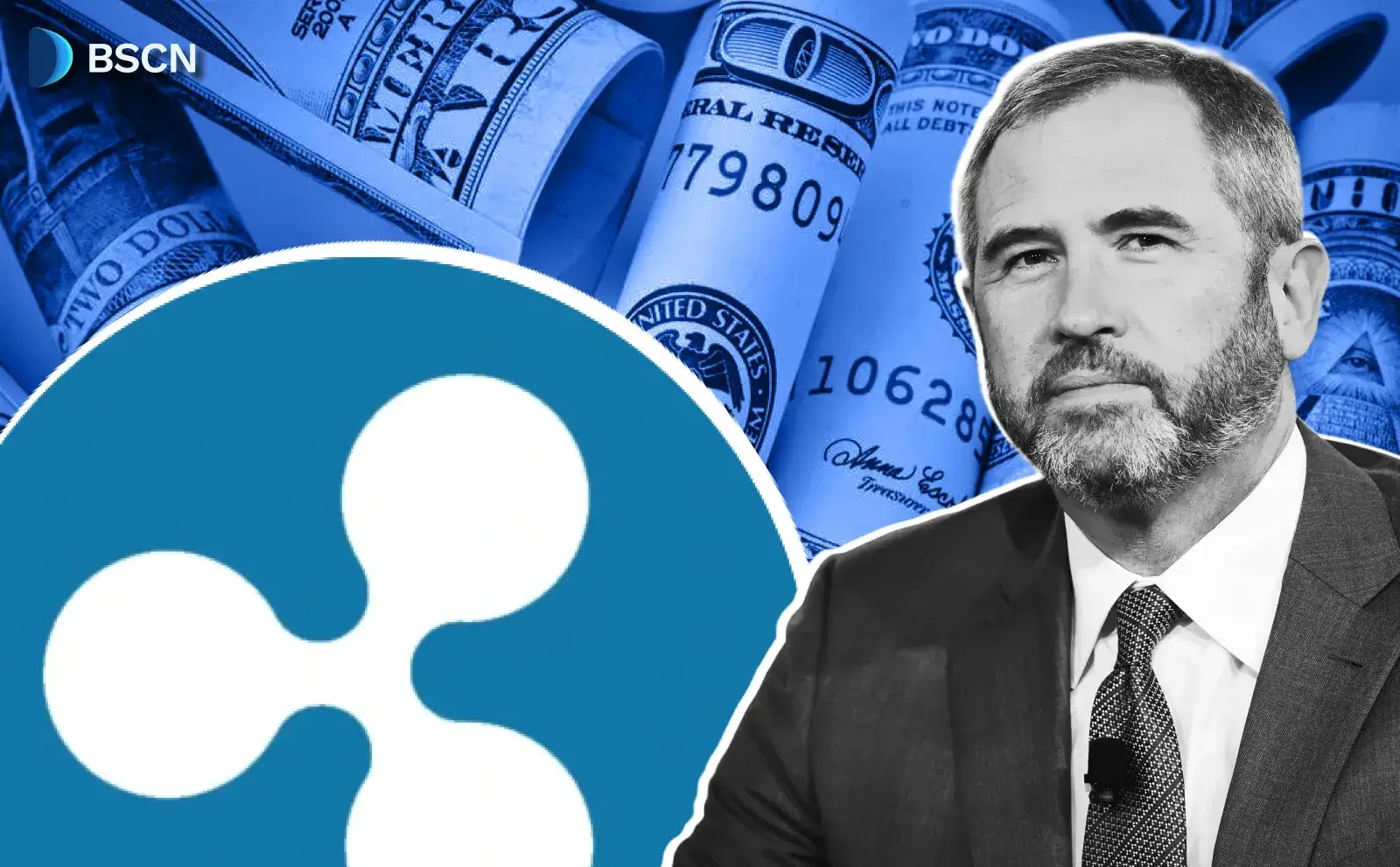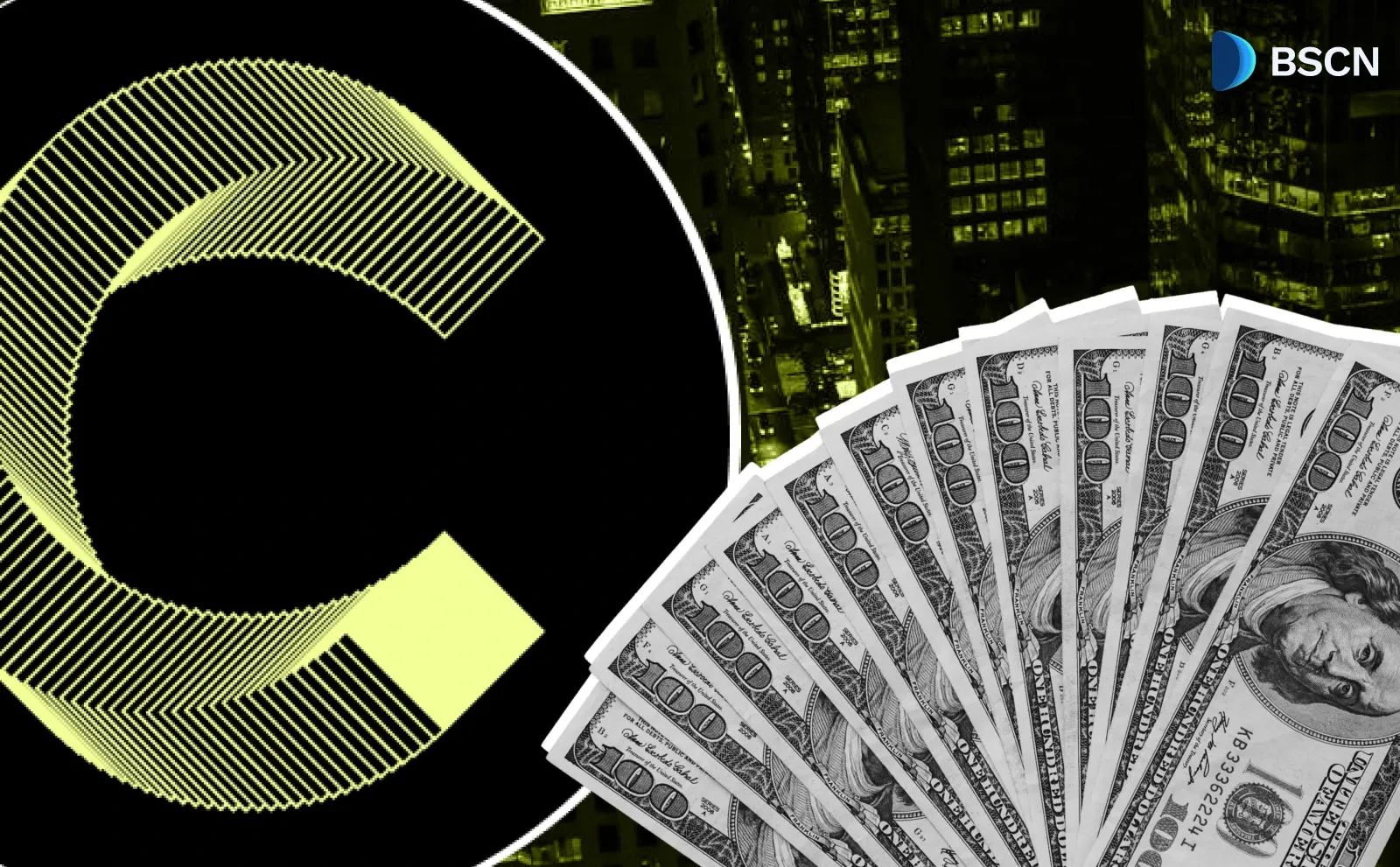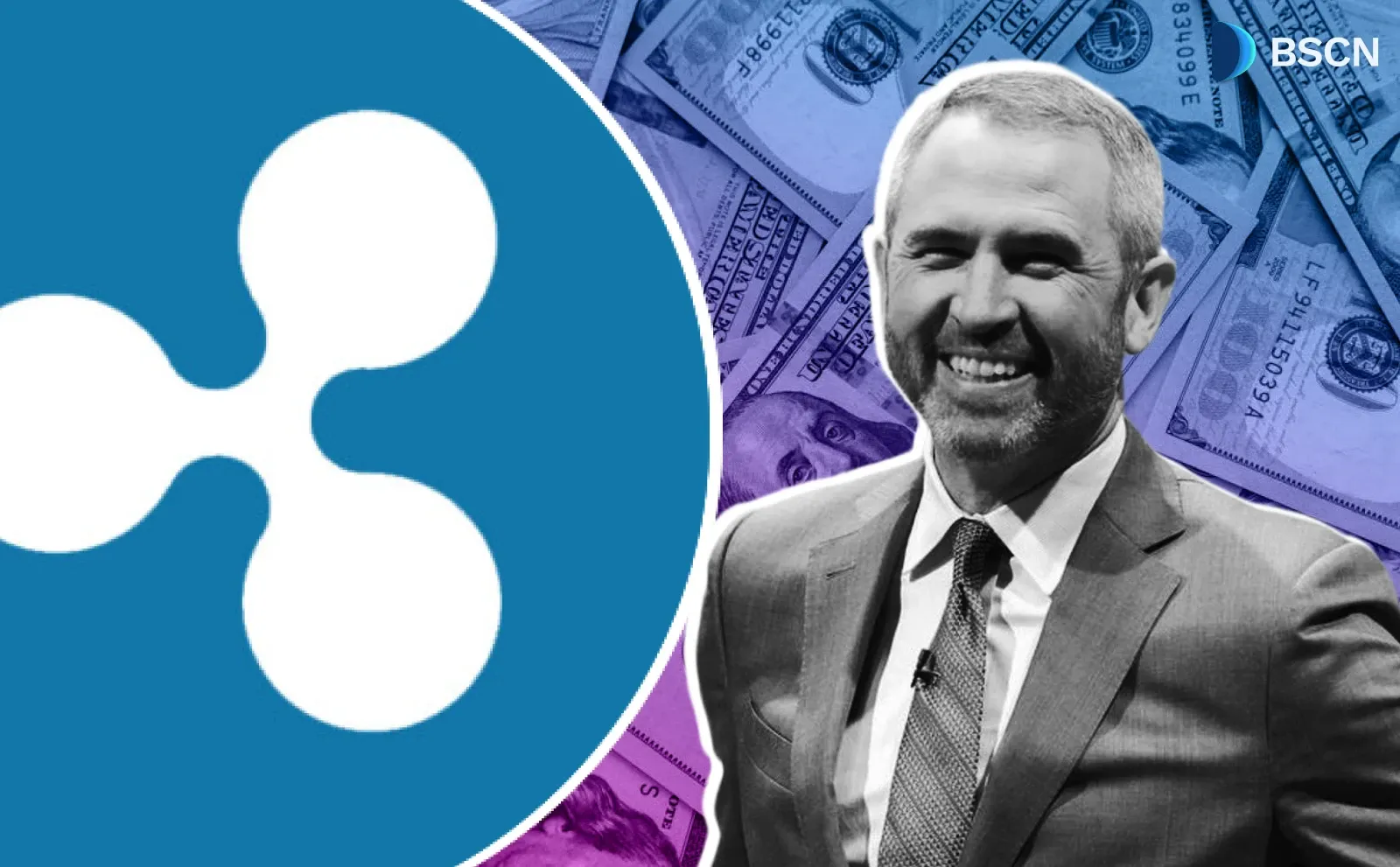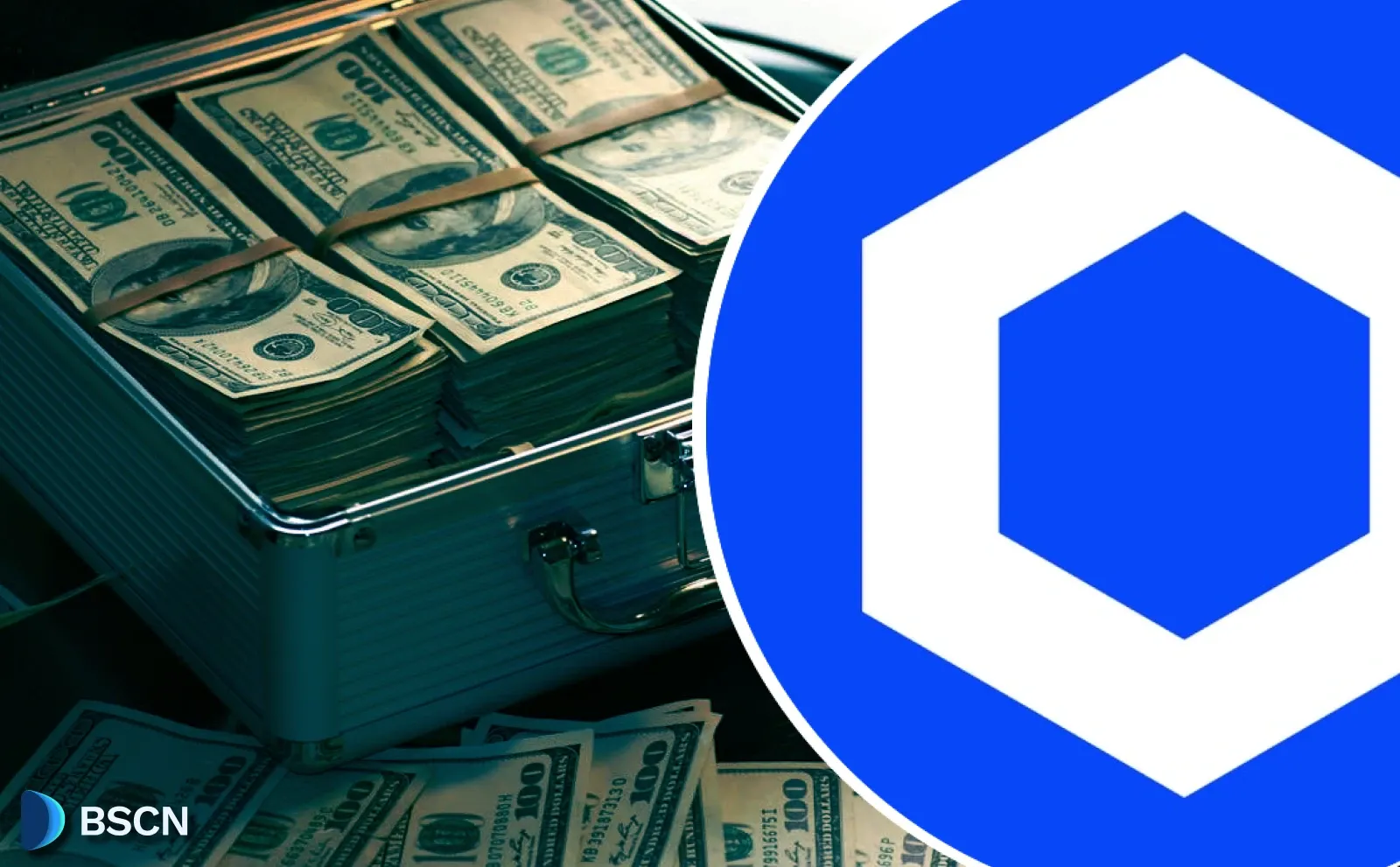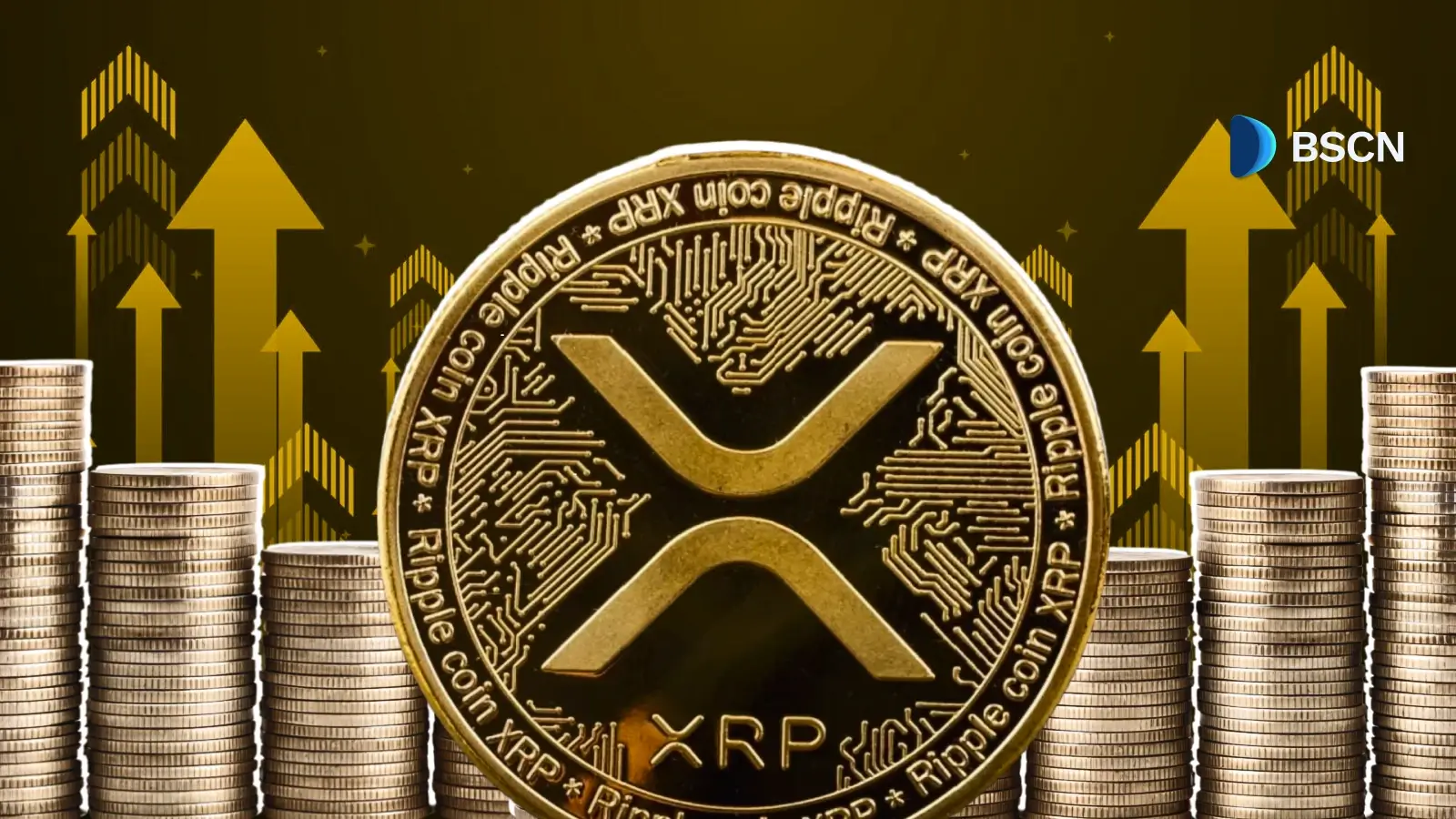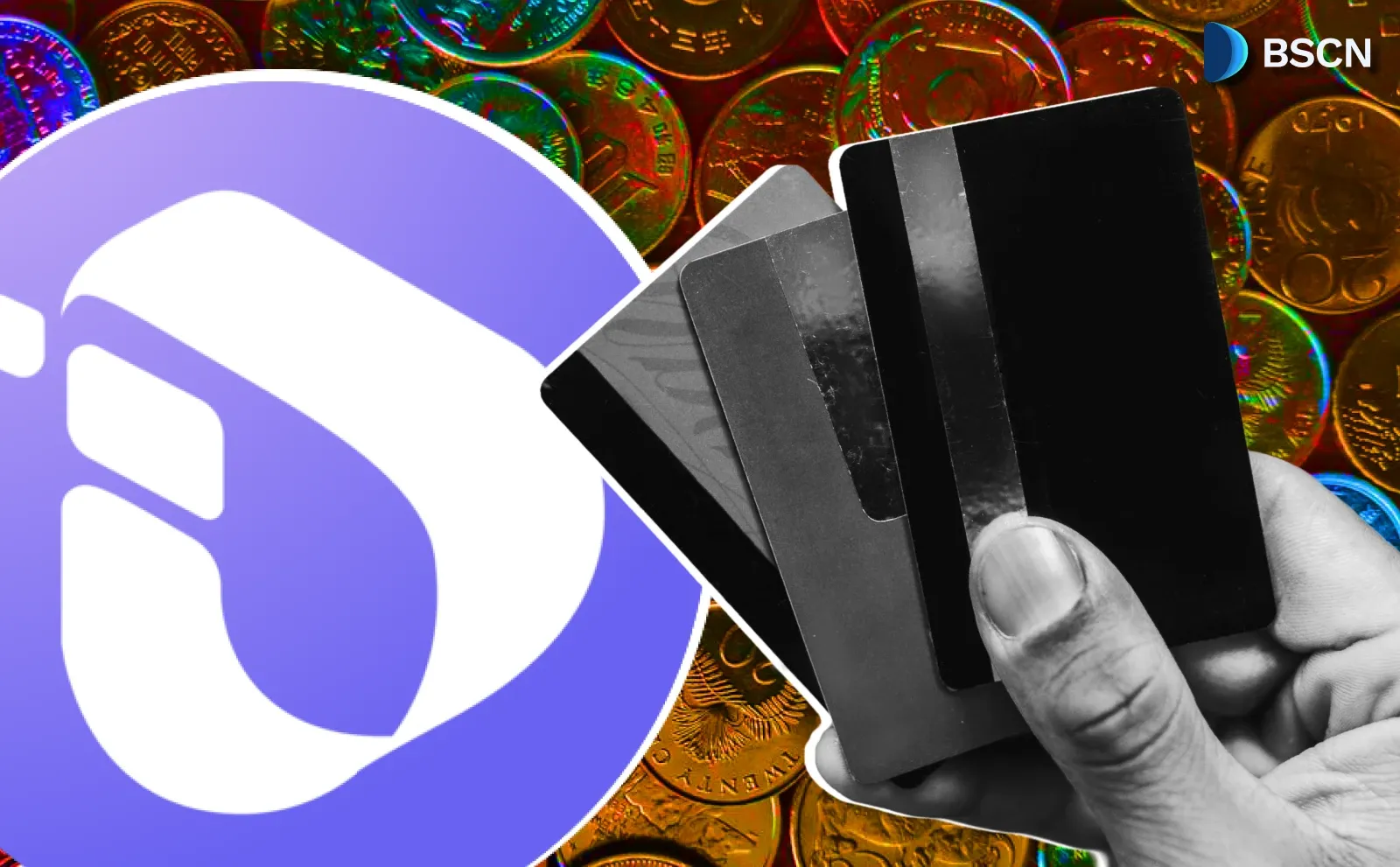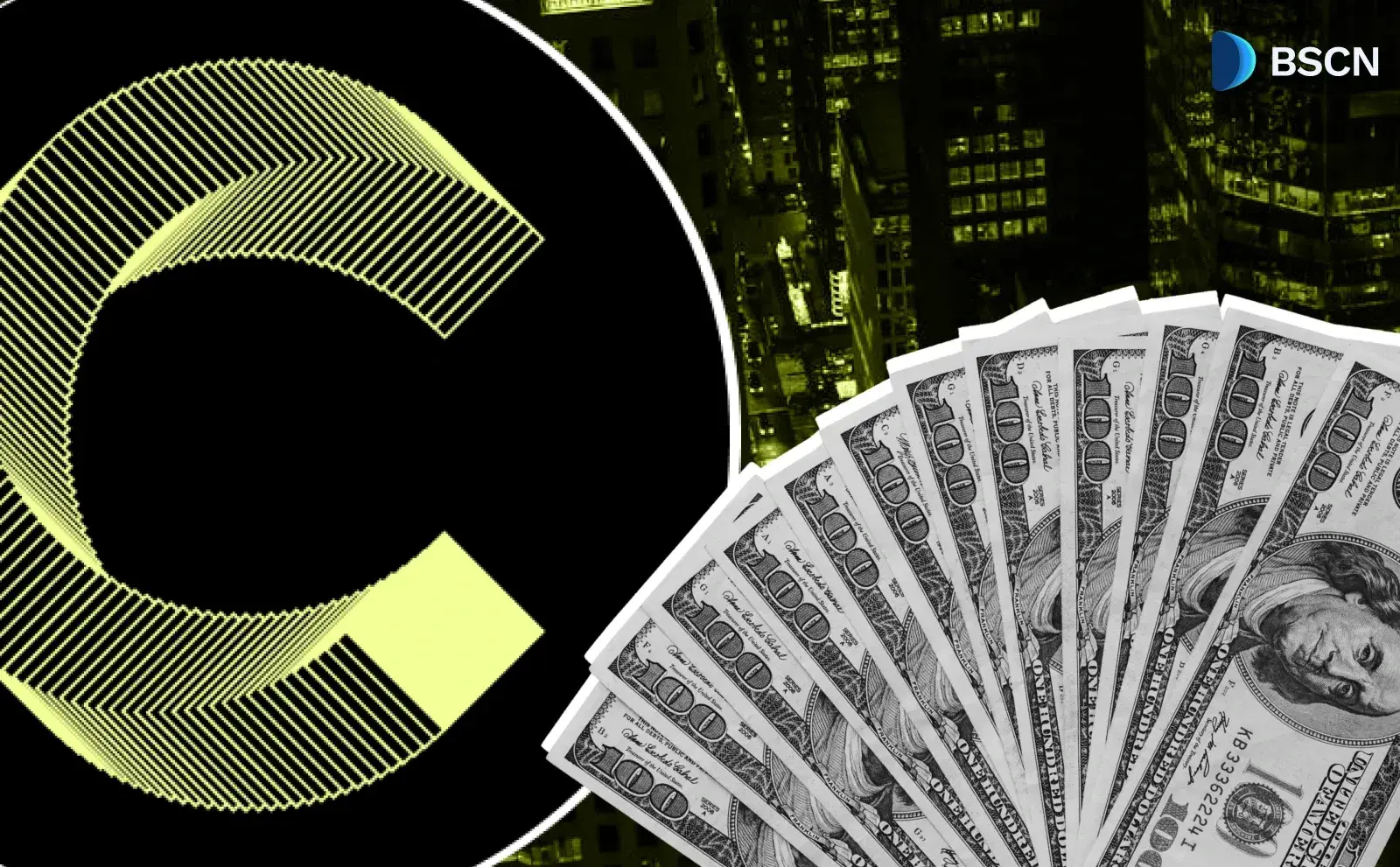U.S. SEC Seeks to Overturn Ruling Favoring Ripple in XRP Case
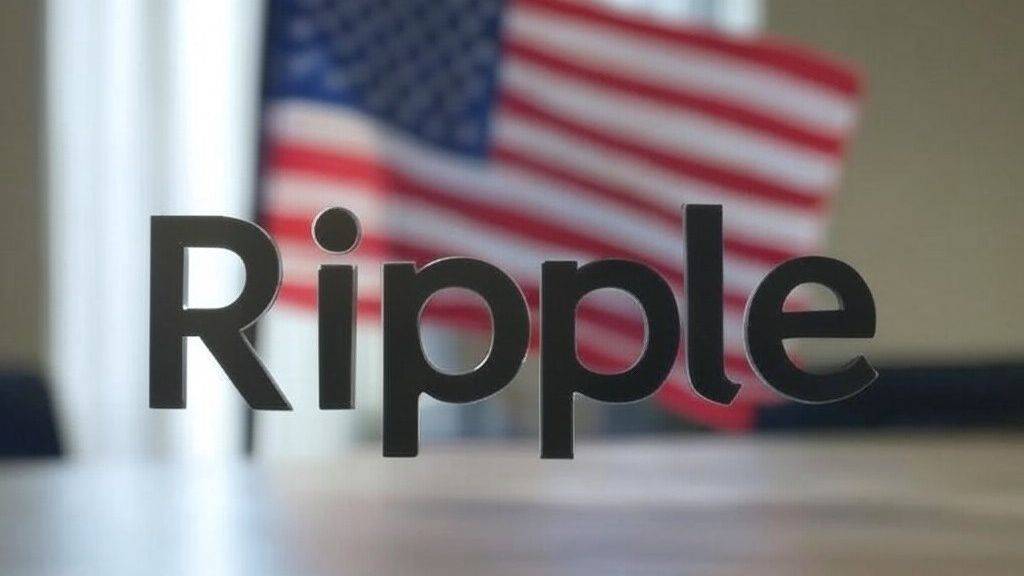
The SEC argues that Ripple’s sales of XRP to retail investors through exchanges should be classified as unregistered securities transactions under U.S. law, citing the Howey Test.
Soumen Datta
January 16, 2025
Table of Contents
In the ongoing legal battle between the U.S. Securities and Exchange Commission (SEC) and Ripple Labs, the SEC has filed an appeal to challenge a July 2023 ruling. It is noteworthy that in July 2023, Judge Analisa Torres ruled that Ripple's direct sales to institutional investors violated securities laws, but not its programmatic sales and distributions.
The recent appeal focuses on whether Ripple’s sales of XRP to retail investors qualify as unregistered securities transactions under federal law. This case has major implications for the cryptocurrency industry, especially concerning how XRP is classified and whether it can be considered a security.
SEC Challenges District Court’s Ruling
The SEC’s appeal was formally filed late on Wednesday and challenges the district court's decision, which partially favored Ripple. The court ruled that Ripple’s sales of XRP to retail investors, conducted through cryptocurrency exchanges, did not qualify as a violation of federal securities laws. The SEC disagrees with this ruling, particularly the court’s conclusion that transactions on crypto exchanges did not meet the Howey Test—the legal standard used to determine if an asset qualifies as a security.
In its appeal, the SEC argues that Ripple’s promotional activities created a reasonable expectation of profits among investors, thus turning XRP into an investment contract under the Howey Test. The SEC points out that Ripple's marketing strategies, which included outreach on social media and other platforms, gave retail investors the belief that they could profit from holding XRP, regardless of how the token was sold.
SEC’s Focus on Ripple’s Promotional Efforts
A key part of the SEC’s argument lies in Ripple’s promotional efforts. The agency asserts that Ripple’s activities were designed to increase demand for XRP and create a perception of value among both institutional and retail investors. According to the SEC, Ripple’s marketing generated expectations that XRP would increase in value, making it function like a security.
The SEC’s appeal also challenges the district court’s exclusion of XRP distributed in non-cash transactions, such as employee compensation and business incentives, from securities laws. The SEC argues that these types of transactions meet the “investment of money” criterion outlined in the Howey framework, meaning they should be considered as part of an investment contract.
The Dispute Over “Investment Contracts”
At the heart of this case is whether Ripple’s sales of XRP to retail investors and through various non-cash transactions should be classified as investment contracts. The SEC argues that all XRP transactions, no matter how or through whom they are sold, qualify as securities under the Howey Test. Ripple, on the other hand, maintains that XRP is a digital currency, not a security, and that the sales should not be subject to securities laws.
Ripple has previously pointed to the district court’s ruling, which determined that programmatic sales of XRP on exchanges do not meet the criteria for an investment contract. The SEC disagrees, asserting that the identity of the seller or the method of sale is irrelevant. It emphasizes that the expectations of profit were driven by Ripple’s actions, not the medium through which the sales occurred.
The SEC’s Broader Goals and Potential Outcomes
The SEC’s appeal aims to reverse the district court's final judgment that favored Ripple, seeking to establish that all sales of XRP, including those to retail investors, are unregistered securities offerings. If the SEC succeeds in this appeal, the case would return to the district court for further proceedings, where a judge would decide what actions to take against Ripple and whether Ripple’s executives are liable for violating securities laws.
Additionally, the SEC has indicated it seeks “additional remedies,” which could involve increased penalties for Ripple and its executives if found guilty of violating federal securities laws.
Ripple Responds: A "Rehash of Failed Arguments"
Ripple’s Chief Legal Officer, Stuart Alderoty, has dismissed the SEC’s appeal as a “rehash of already failed arguments.” In an X post, Alderoty criticized the SEC’s stance, suggesting that the agency’s case would lose momentum under a new SEC administration.

“As expected, the SEC’s appeal brief is a rehash of already failed arguments –and likely to be abandoned by the next administration,” Alderoty noted. “We’ll respond formally in due time. For now, know this: the SEC’s lawsuit is just noise. A new era of pro-innovation regulation is coming, and Ripple is thriving.”
Ripple’s defense throughout this case remained consistent: XRP is not a security. Ripple’s argument is that XRP is a digital currency, much like Bitcoin or Ethereum, and should be treated as such.
Read Next...
Disclaimer
Disclaimer: The views expressed in this article do not necessarily represent the views of BSCN. The information provided in this article is for educational and entertainment purposes only and should not be construed as investment advice, or advice of any kind. BSCN assumes no responsibility for any investment decisions made based on the information provided in this article. If you believe that the article should be amended, please reach out to the BSCN team by emailing [email protected].
Author
 Soumen Datta
Soumen DattaSoumen has been a crypto researcher since 2020 and holds a master’s in Physics. His writing and research has been published by publications such as CryptoSlate and DailyCoin, as well as BSCN. His areas of focus include Bitcoin, DeFi, and high-potential altcoins like Ethereum, Solana, XRP, and Chainlink. He combines analytical depth with journalistic clarity to deliver insights for both newcomers and seasoned crypto readers.
Crypto Project & Token Reviews
Project & Token Reviews
Comprehensive reviews of crypto's most interesting projects and assets
Learn about the hottest projects & tokens
Latest Crypto News
Get up to date with the latest crypto news stories and events







